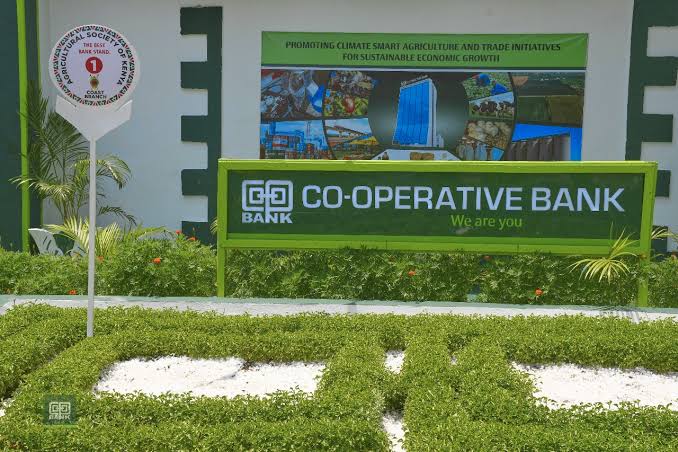Even in 2024, Twitter remains a powerful modern weapon for change
Revolutions used to be broadcasted on grainy news footage, the narrative controlled by a select few. But enter Twitter, the social media platform that’s become a digital bullhorn for the masses. With its speed, reach, and ability to mobilize, Twitter has become a powerful tool for revolution in the 21st century.
Traditionally, authoritarian regimes held a tight grip on information. Now, with a few keystrokes, activists can bypass censorship and share their stories with the world. The Arab Spring is a prime example. Tweets documented police brutality in Tunisia, sparked protests in Egypt, and brought international attention to the yearning for democracy across the region. Twitter wasn’t the sole cause, but it was a vital thread in the fabric of resistance.
Beyond spreading awareness, Twitter fosters a sense of solidarity. Isolated pockets of discontent can now connect, share strategies, and amplify their voices. Hashtags like #BlackLivesMatter or #MeToo became rallying cries, uniting millions behind a common cause. This digital community offers support and courage to those risking their safety for change.
Dictators fear Twitter’s ability to dismantle their carefully constructed narratives. Governments can no longer control the message. Gruesome footage of human rights abuses can’t be easily erased. This transparency holds regimes accountable and creates a global pressure cooker for reform.
For the last week the Kenyan government has been looking for the “head of the snake” in the recent protests, but they have found none. It was all organic groundswell with Twitter as a rallying point. In desperation, they rushed to switch off access to Twitter, but the damage has already been done. The movement continues. Aluta









